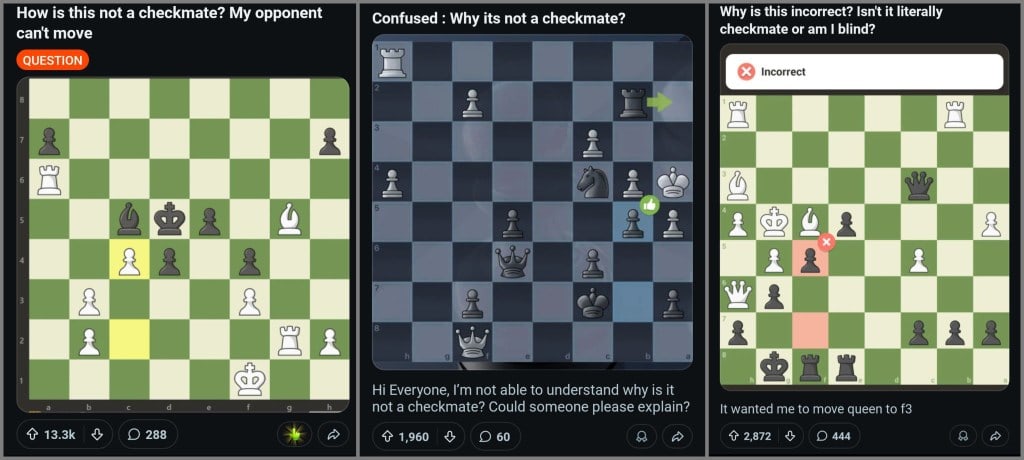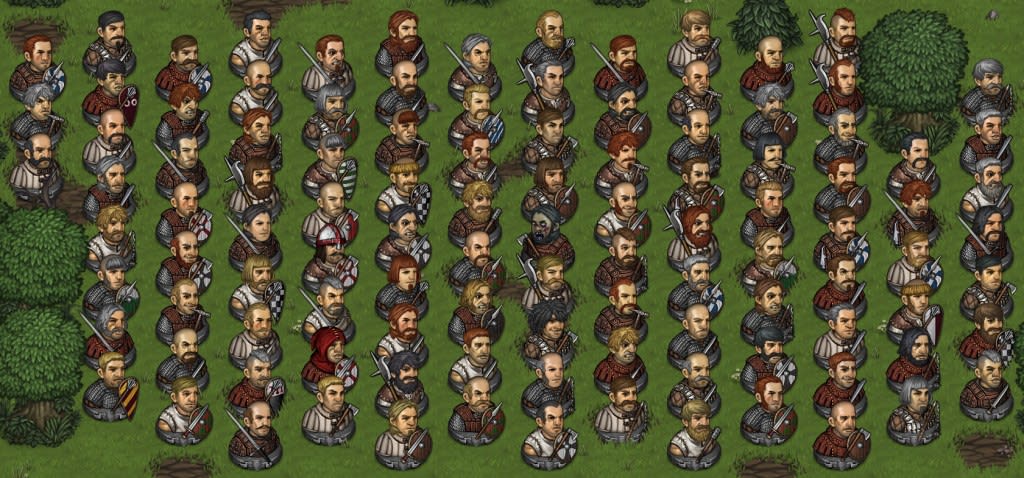Pain is not the unit of Effort
(Content warning: self-harm, parts of this post may be actively counterproductive for readers with certain mental illnesses or idiosyncrasies.) > What doesn't kill you makes you stronger. ~ Kelly Clarkson. > > No pain, no gain. ~ Exercise motto. > > The more bitterness you swallow, the higher you'll go. ~ Chinese proverb. I noticed recently that, at least in my social bubble, pain is the unit of effort. In other words, how hard you are trying is explicitly measured by how much suffering you put yourself through. In this post, I will share some anecdotes of how damaging and pervasive this belief is, and propose some counterbalancing ideas that might help rectify this problem. I. Anecdotes 1. As a child, I spent most of my evenings studying mathematics under some amount of supervision from my mother. While studying, if I expressed discomfort or fatigue, my mother would bring me a snack or drink and tell me to stretch or take a break. I think she took it as a sign that I was trying my best. If on the other hand I was smiling or joyful for extended periods of time, she took that as a sign that I had effort to spare and increased the hours I was supposed to study each day. To this day there's a gremlin on my shoulder that whispers, "If you're happy, you're not trying your best." 2. A close friend who played sports in school reports that training can be harrowing. He told me that players who fell behind the pack during for daily jogs would be singled out and publicly humiliated. One time the coach screamed at my friend for falling behind the asthmatic boy who was alternating between running and using his inhaler. Another time, my friend internalized "no pain, no gain" to the point of losing his toenails. 3. In high school and college, I was surrounded by overachievers constantly making (what seemed to me) incomprehensibly bad life choices. My classmates would sign up for eight classes per semester when the recommended number is five, jigsaw extracurricular activit


